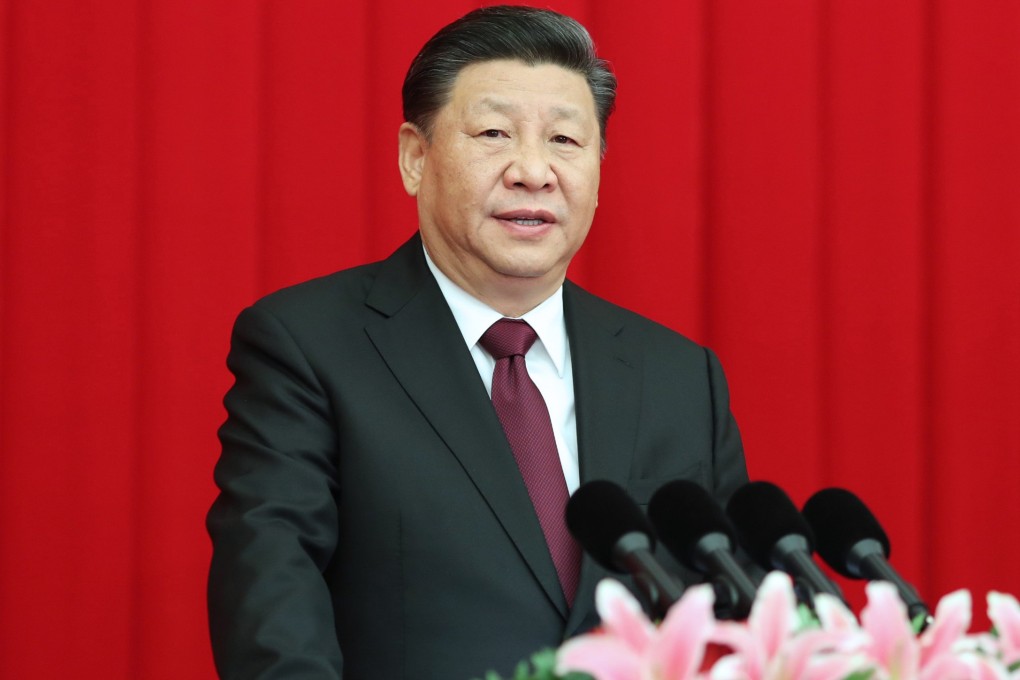The View | Xi Jinping can dramatically reform China’s economy or maintain high growth – but he can’t do both
- Yu Jie says Xi’s recent statements on sweeping reforms with ‘top-level design’ from the party indicate an indecisive economic approach China can’t afford now

Xi’s 1½-hour speech offered little in the way of concrete solutions to these two imminent challenges, but he conveyed two clear messages. Firstly, a return to the Cultural Revolution will be resisted. Neither of his two predecessors openly denounced that decade-long trauma as Xi did, loudly, both as an affair of state and as a matter of personal tragedy for his family.
Secondly, China must continue to reform for its own sake. A more pluralistic China would be better prepared to handle the highs and lows of the economic development model the country has chosen.
However, what remains critically unclear is to what extent the party would intervene in the market to carry forward the reform which Xi has in mind. Instead, he dictated in his remarks that Deng’s ethos for reform – “crossing the river by feeling the stones” must be combined with “top-level design”; in other words, the party decides everything.
